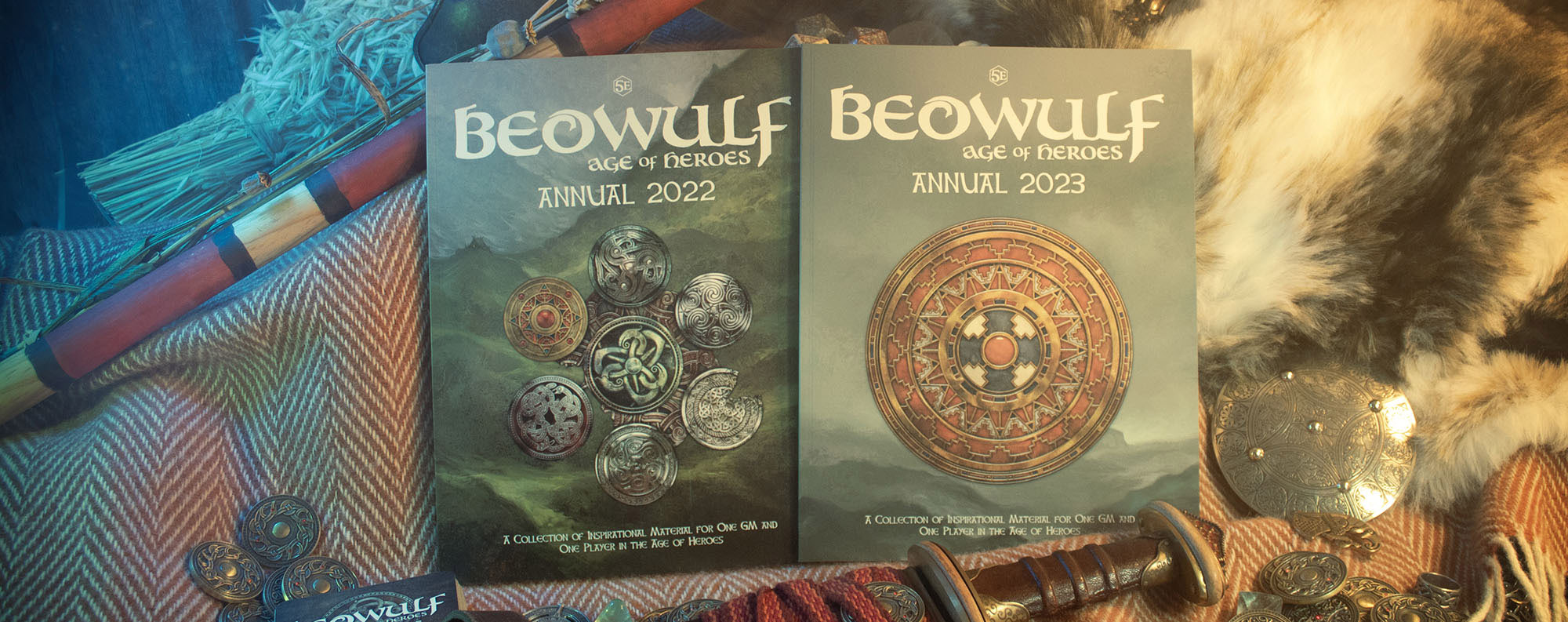Transcript
I think it’s really interesting that you talked about the early 2000s indie scene. I think it seems weirdly, we talk about this a little bit., it seems weirdly forgotten in some quarters. I know, certainly in the UK, roleplaying game scene, there are a great many creators, and I’m not disparaging anyone when I say this, who were children then because we’re really old, right?
So they’re not aware necessarily of things like the Collective Endeavour, right? Yeah, yeah, yeah, I got my haircut earlier and it was just so grey and I was like, whose hair Is that? Where’s this hair coming from? Let’s it’s oh, it’s mine!
I have, you know, read professionally, several histories of role playing games. Some of them came out recently and they all the all tend to be quite US-centric. Now, of course, the vast majority of the roleplay games industry in the English language speaking world, it’s been centred in the US. That’s unavoidable.
There’s a certain kind of eliding of of the UK scene in that period, people forget there some really important games and designers emerged from that 2000 up to 2010 period of design where people remember rightly, figures like, you know, Vincent and Meg Baker, you know, in the US, you know, Emily, Emily Care-Boss Paul Czege and the like.
But the conversation never seems to include a lot of the important designers. Gregor Hutton I mean, for God’s sake, you know, and you know, who emerged from the UK scene as well.
It’s always had its own sort of aesthetics, hasn’t it? The UK scene, I think, which is it’s always provided an interesting, you know, in, in line with the way the UK, I tend to think tends to work with the American market or American ideas.
You know, I think it’s quite an interesting interplay. It’s nothing to do with this game. But that’s what you get! It’s good. So all good. Yeah. It’s been interesting to to come back to it and, and it’s been very interesting for me in reading the text [of Cold City and Hot War]. I had no idea and purposely had no idea what was from the original version. I’ve been purposefully ignorant of the original version in order to to to read the new one, right?
That’s been quite important to me. It’s, you know, we’re starting from scratch. This isn’t this isn’t a nostalgia game. I mean, I’m very glad to see there’s so many people that fondly remember the original games and they’re like the bedrock of what we’re doing.
But if you don’t know anything about those original games, that’s fine. You don’t need to, and you don’t have to be old.
I like that we’re doing them because they’re still good games and they’re going to be even better games with these revisions. They’re going to be more accessible. They’re going to be more playable, going to be easier to play, more satisfying play experiences. You know, the there’s going to be a lot of meat there.
And these are not just kind of like, I don’t know, let’s resurrect these two games from 2006 and 2008. No, they’re I mean, they’re going to be worthwhile in the modern gaming marketplace. They’re still solid games and really good, fun games.

